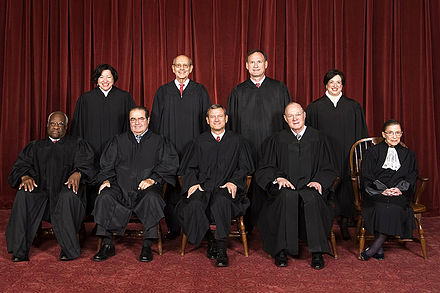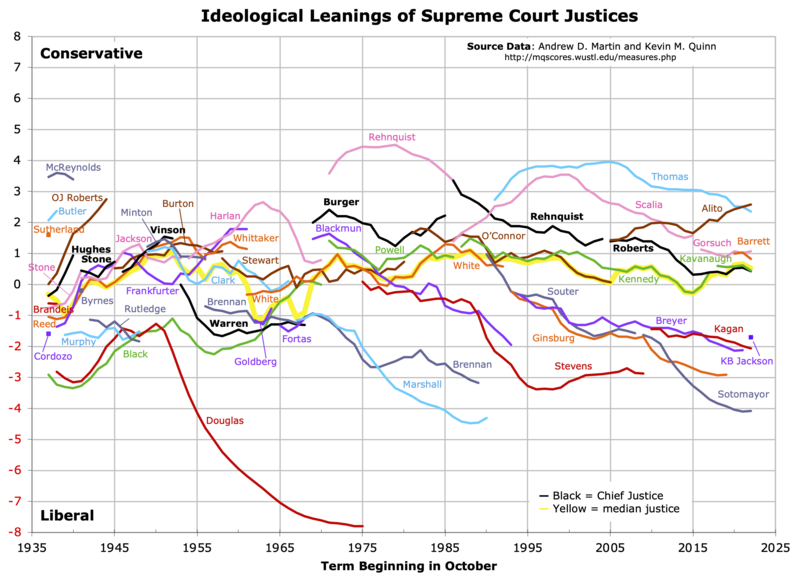Abu Qatada’s delayed
deportation
By Will Candy
July 7th 2013 saw the end of a saga that kept Britain gripped in debate for eight years. AbuQatada left on a plane to Jordan to face terrorism charges. The news of his
deportation prompted statements from the government of their ‘delight’ and
‘relief’ at finally succeeding in removing him.
But why was Abu Qatada’s road back to Jordan so
difficult in the first place?
The legal issues with his deportation involved Articles 3 and 6 of the European Convention of
Human Rights Act:
§ Article 3 contains an absolute prohibition of
torture; and
§ Article 6 guarantees the right to a fair trial.
As the
UK must follow the law set out in the Convention, it was necessary to find a
way to deport Abu Qatada in a way that meant that the UK wasn’t acting against
it. The major debate involved Article 6: whether
he would have a fair trial when sent back to Jordan.
The
role of the courts:
In
2006, the Special Appeals
Immigration Commission (SIAC)
dismissed Abu Qatada’s appeal. He appealed again.
In April
2008, the Court of Appeal of the UK (the second highest court in
the country) blocked his deportation to Jordan
However,
in 2009 the then House of
Lords (the highest ranking
court in the country – now called the Supreme Court) reversed the Court
of Appeal’s decision and found that SIAC’s application of the law was actually
correct.
Abu
Qatada appealed this decision, taking his case to the European Court of Human Rights (ECtHR). The role of this Court
is to assess the lawfulness of decisions of Member States that involve human
rights issues.
This was the first time that the Court found that a deportation
would be in violation of Article 6.
Eventually through different methods he was deported.
Why
important for politics students to know?
·
It
is a great example to see how cases move through different courts.
·
Shows
how The ECHR plays a role in decisions and how it limits the government’s
powers.




